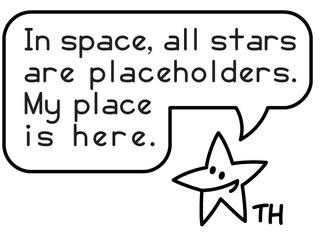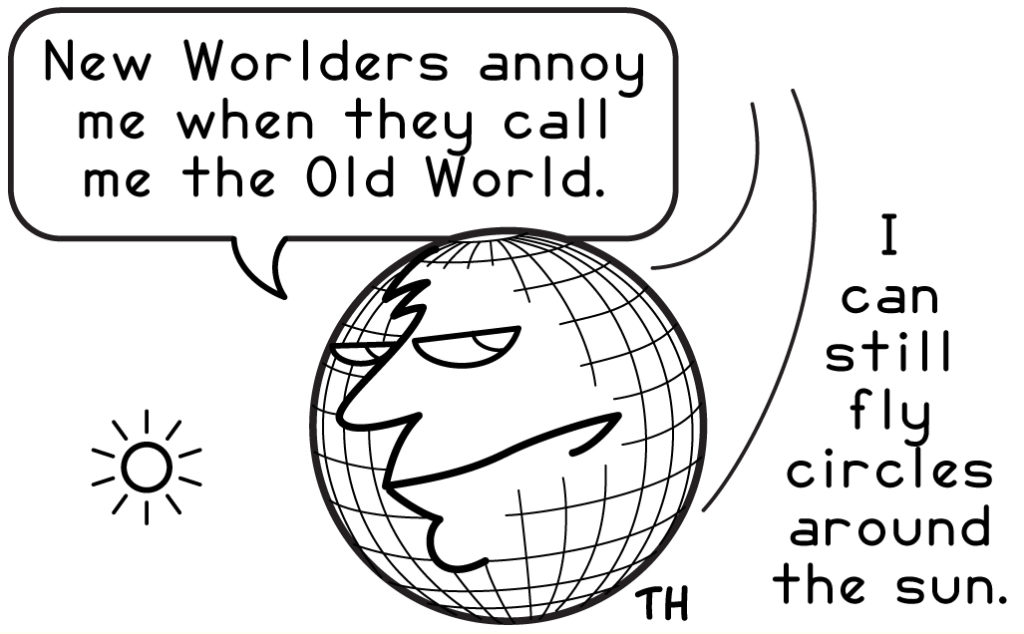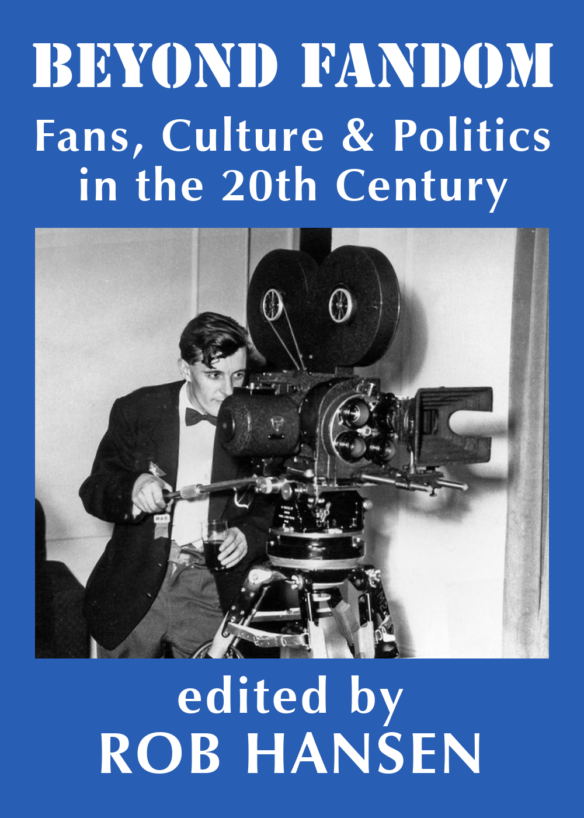The winner of the GUFF 2024 race is Kat Clay of Australia.
GUFF, the Get Up-and-over Fan Fund or the Going Under Fan Fund, depending on which direction it’s running, exists to provide funds to enable well-known fans from Australasia and Europe to visit each other’s national (or other) conventions and get to know each other’s fandoms better.
Alison Scott, European GUFF Administrator, writes:
The GUFF race has concluded and we are delighted to announce that Kat Clay will be the 2024 GUFF delegate and will attend Glasgow 2024: a Worldcon for our Futures. We hope she’ll enjoy the convention and take the opportunity to visit fans across Europe.
There were 81 valid votes cast:
| First Preference Votes | |||
| Kat Clay | Ian Nichols | No Preference | |
| Australia/NZ | 24 | 18 | 1 |
| UK/Europe | 18 | 11 | 4 |
| Other | 0 | 3 | 2 |
| Total | 42 | 32 | 7 |
Redistributing the “no preference” votes where a second preference was stated gave one extra vote to each candidate.
A small number of other votes were received that failed to satisfy one or more of the voting requirements (though, if included, would not have affected the outcome).
VOTERS: Aidan Doyle, Alan Stewart, Alex Isle, Amanda Bridgeman, Andre Czausov, Andrew Hogg, Andrew Porter, Barb de la Hunty, Carey Handfield, Carolina Gomez Lagerlof, Cat Sparks, Catherine Pickersgill, Catherine Sharp, Celia Pearce, Christina Lake, Claire Brialey, Constanze Hofmann, Danny Oz, Dave Langford, Dave Luckett, Dave Sinclair, DC, Donna Maree Hanson, Douglas Spencer, Edie-Brie Hawthorne, Elaine Cuyegkeng, Emily January, Eric Lindsay, España Sheriff, Farah Mendlesohn, Fiona Moore, Geneve Flynn, Gillian Polack, Greg Turkich, Harry Payne, Ian Maughan, Ian Nichols, Irwin Hirsh, James Shields, Jan van’t Ent, Jane Routley, Jean Weber, John Coxon, Joseph Nicholas, Judi Hodgkin (Hemsley), Jukka Halme, Julia Svaganovic, Julian Warner, Julianne Hamilton, Justin Bennett, Leon Moor, Maciej Matuszewski, Marcin Klak, Margaret Dunlop, Mark Loney, Mark Morrison, Mark Plummer, Melissa Ferguson, Michael David (Mike) Kennedy, Mike Scott, Murray Moore, Nathan Phillips, Nicholas Whyte, Omega, Perry Middlemiss, Peter Sullivan, Rich Horton, Robert Hood, Roman Orzanski, Rose Mitchell, Sally Beasley, Sandra Bond, Stephen Dedman, Stephen Gunnell, Stu Sellens, Sue Edwards, T. R. Napper, Terry Huddy, Thomas Westerberg, Tony Cullen, Vincent Docherty.




